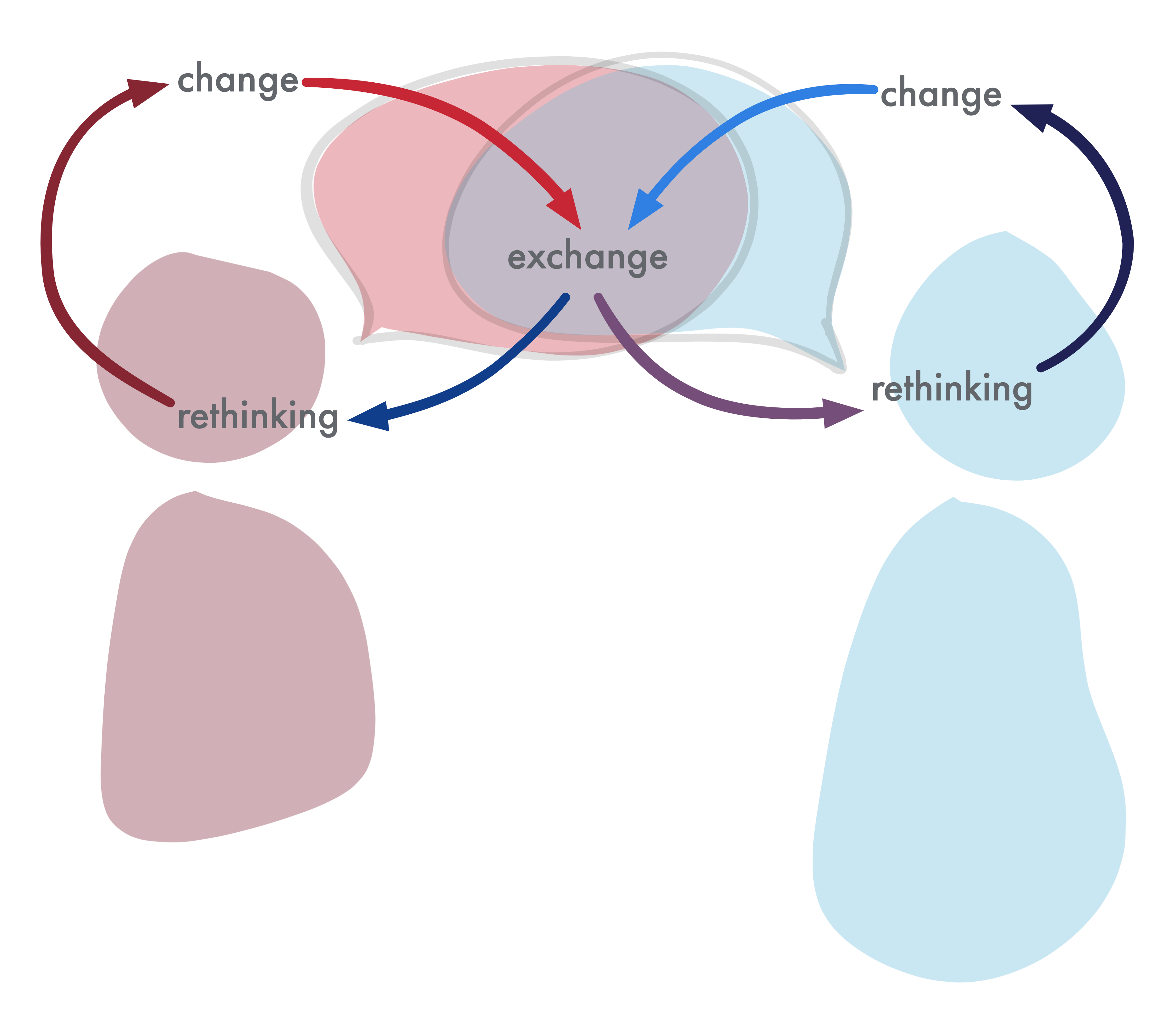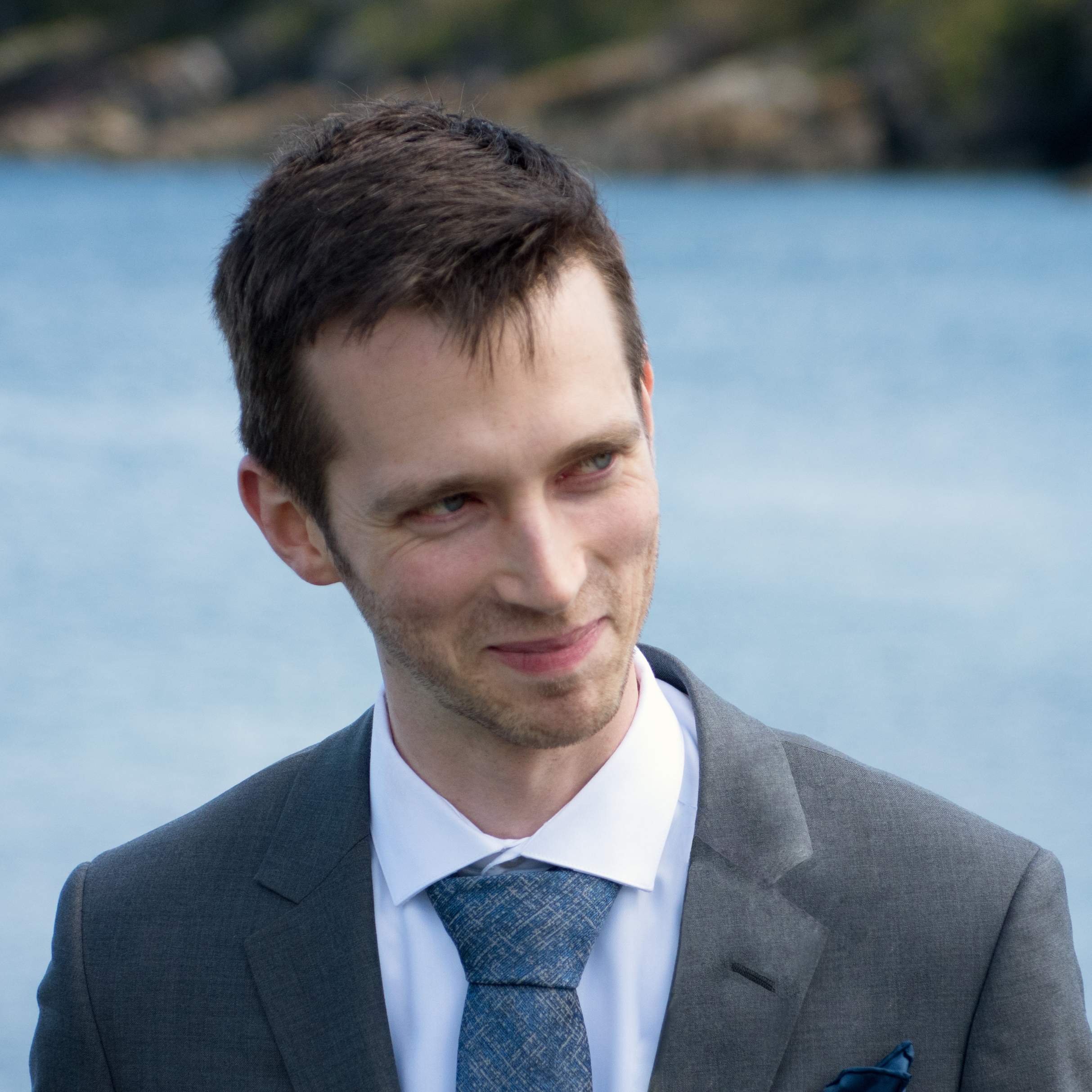Conversations, cybernetics, and Theory of Mind
# Conversations, cybernetics, and Theory of Mind
A student asked me how best to contribute to class discussions in an online course. Naturally, I responded to them by talking about cybernetics and cognitive psychology.
The goal of discussions in online courses is to advance your learning, and the learning of everyone else in the course. So, feel free to discuss whatever you want. If I were you, I’d just use whatever was most interesting as a heuristic.
To this end, I’ve always loved the concept of “ theory of mind" (ToM). It comes from cognitive psychology. It’s the idea is that you can actually conceptualize what is happening in the minds of others, based on your perspective of who they are and what they (should) know.
Essentially, theory of mind is our actual ability to mind-read. We don’t have psychic powers, but we can successfully intuit a lot about someone’s state of mind.
This helps us in a couple of ways. (1) First, we can empathize. Using our ToM helps us to see that others have different perspectives than our own, and those are often valid despite their differences, because we all have different experiences and knowledge shaping our perspectives. Thus, ToM can help us value those perspectives, instead of dismiss them. (2) Second, we can share our own differences. If you were surprised by something in the content, for instance, sharing what surprised you can help others notice and identify their own surprises.

A lot of the conversations we have—as humans!—follow a funny pattern: we just say things other people already know. Sometimes that’s a good thing. It’s the foundation of all great friendships, of course. But in a productive conversation, the goal should be to advance the perspectives of everyone in the discourse. A good conversation therefore follows a cycle of exchange, rethinking, change, and exchange as participants explore the possible and make progress on whatever the subject of the conversation was. Arguably this cycle is the fundamental building block of all things human, from individual learning to economic growth to societal development. (Studying this cycle is at the core of the discipline of cybernetics.)
So what, in practice? Well, the prompt for this monologue was “how best to contribute to a discussion.” My answer is to think about the perspective of everyone in the conversation, and to find a way to contribute that explores something slightly different from whatever they might be able to see.
